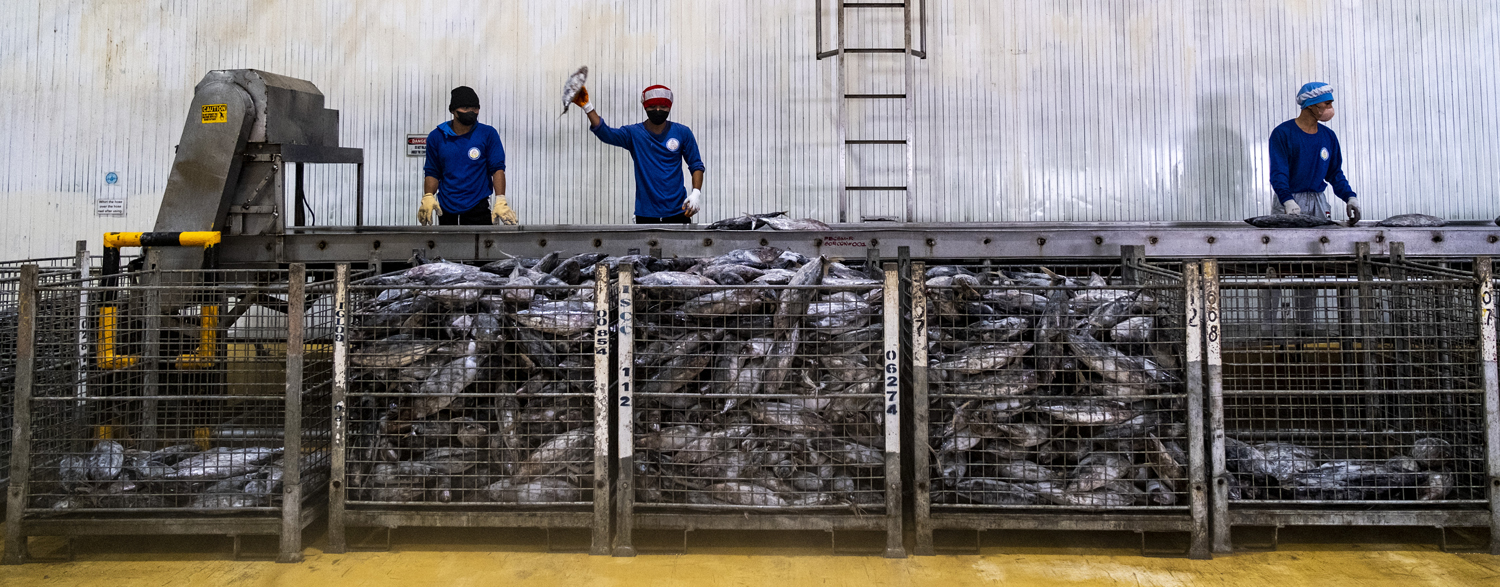
Building Resilience for Pandemic Preparedness in the Philippines
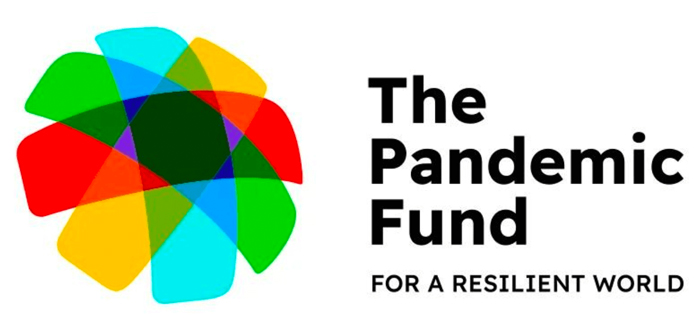
The Philippines, as a densely populated archipelago, faces significant challenges in health security due to its vulnerability to emerging infectious diseases, climate change impacts, and gaps in public health infrastructure. The Resilient Philippines Project aims to strengthen the country's pandemic prevention, preparedness, and response (PPR) capacities through an integrated One Health approach. This initiative focuses on addressing systemic weaknesses in surveillance, laboratory systems, and workforce capacity to mitigate public health threats effectively.
Implementation and key components
The project is spearheaded by the Department of Health (DOH) and Department of Agriculture (DA), with technical support from the World Bank, FAO, and other international partners. Activities span national and subnational levels, focusing on high-risk areas for zoonotic diseases and public health emergencies.
Enhancing surveillance and early detection
The project will expand and harmonize existing surveillance systems, including the development of a joint disease tracker for humans and animals. It introduces community-based One Health Surveillance in selected provinces, leveraging digital health technologies for real-time monitoring and analysis. Training programs will target local and regional health workers to improve disease reporting and outbreak management capabilities.
Strengthening laboratory networks
A National Strategic Plan for the Laboratory System will be developed, accompanied by investments in upgrading facilities and integrating laboratory information management systems across human and animal health sectors. The initiative will also establish a One Health Genomics Consortium to enhance pathogen characterization capabilities, while piloting point-of-care rapid diagnostic tests in underserved areas to ensure timely and accurate diagnostics.
Developing workforce competence
The project will create a national registry of health professionals specialized in pandemic PPR and design a comprehensive workforce development plan. Training initiatives will include field epidemiology programs for human, animal, and environmental health, joint exercises in emergency response, and capacity-building for community leaders to engage in risk communication and outbreak investigations.
Expected outcomes
The initiative is anticipated to establish an integrated surveillance network, robust laboratory systems, and a skilled workforce ready to address public health emergencies. These improvements will not only align the Philippines with international health standards but also promote a proactive health security framework. Beyond reducing the socio-economic impacts of future pandemics, the project aims to foster sustainable health system resilience, improving equity and accessibility to essential services, particularly in vulnerable communities.
Implementing Entities
FAO, World Bank
Priority areas
- Early warning and disease surveillance systems
- Laboratory systems
- Human resources/public health and community workforce capacity
Total budget
USD 24,932,926
Total co-financing
(in kind and cash)
USD 889,178,575
Total co-investment
(in kind and cash)
USD 111,759,136
Find out more
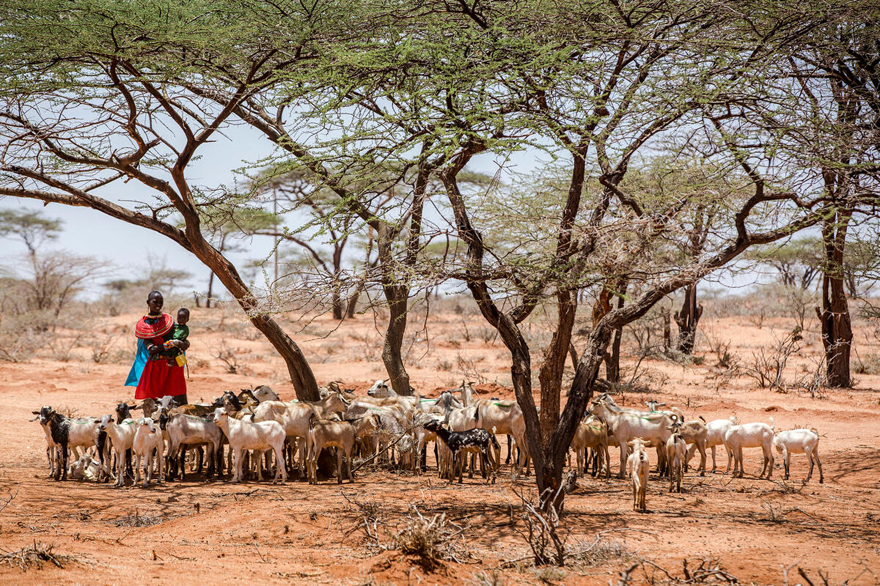
Projects
The Pandemic Fund
FAO is co-leading the implementation of 32 Pandemic Fund projects worth over USD 165 million aimed to boost local and global health security.
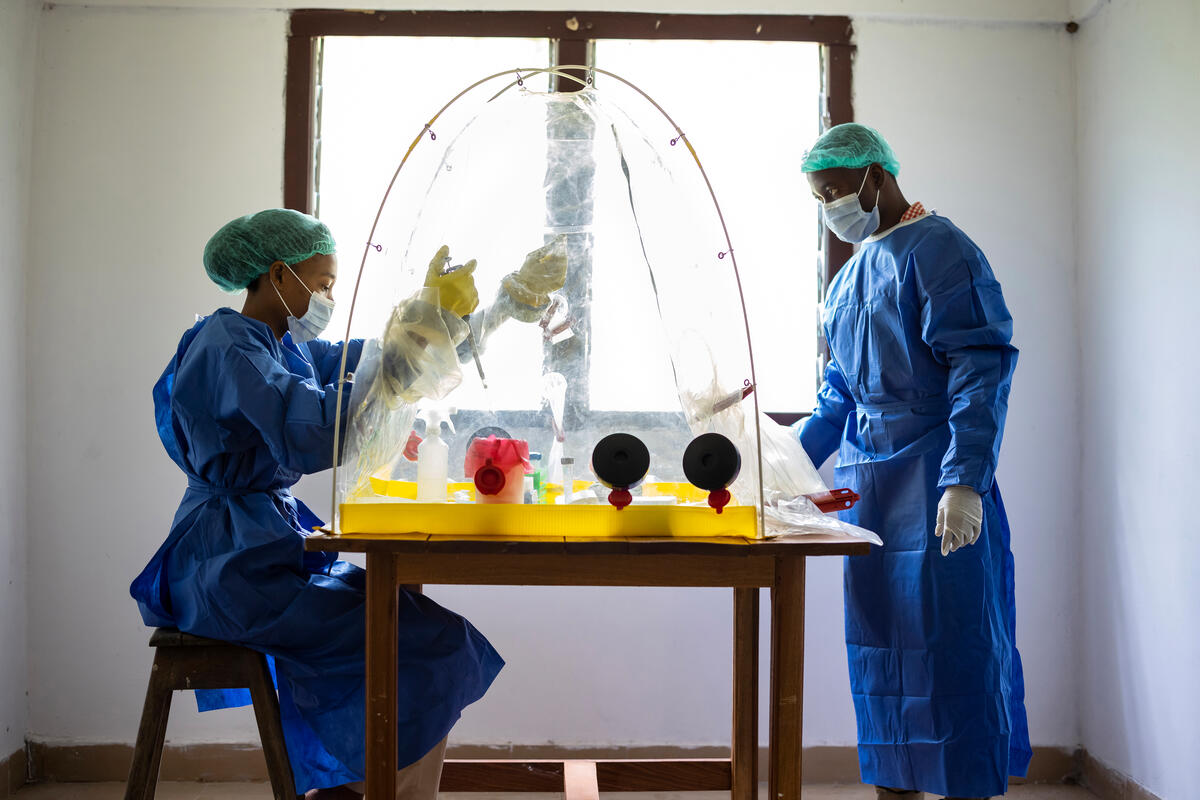
Highlights
Pandemic Fund Call
Pandemic Fund Second Call: FAO underlines its commitment to supporting countries to strengthen a One Health approach to pandemic prevention
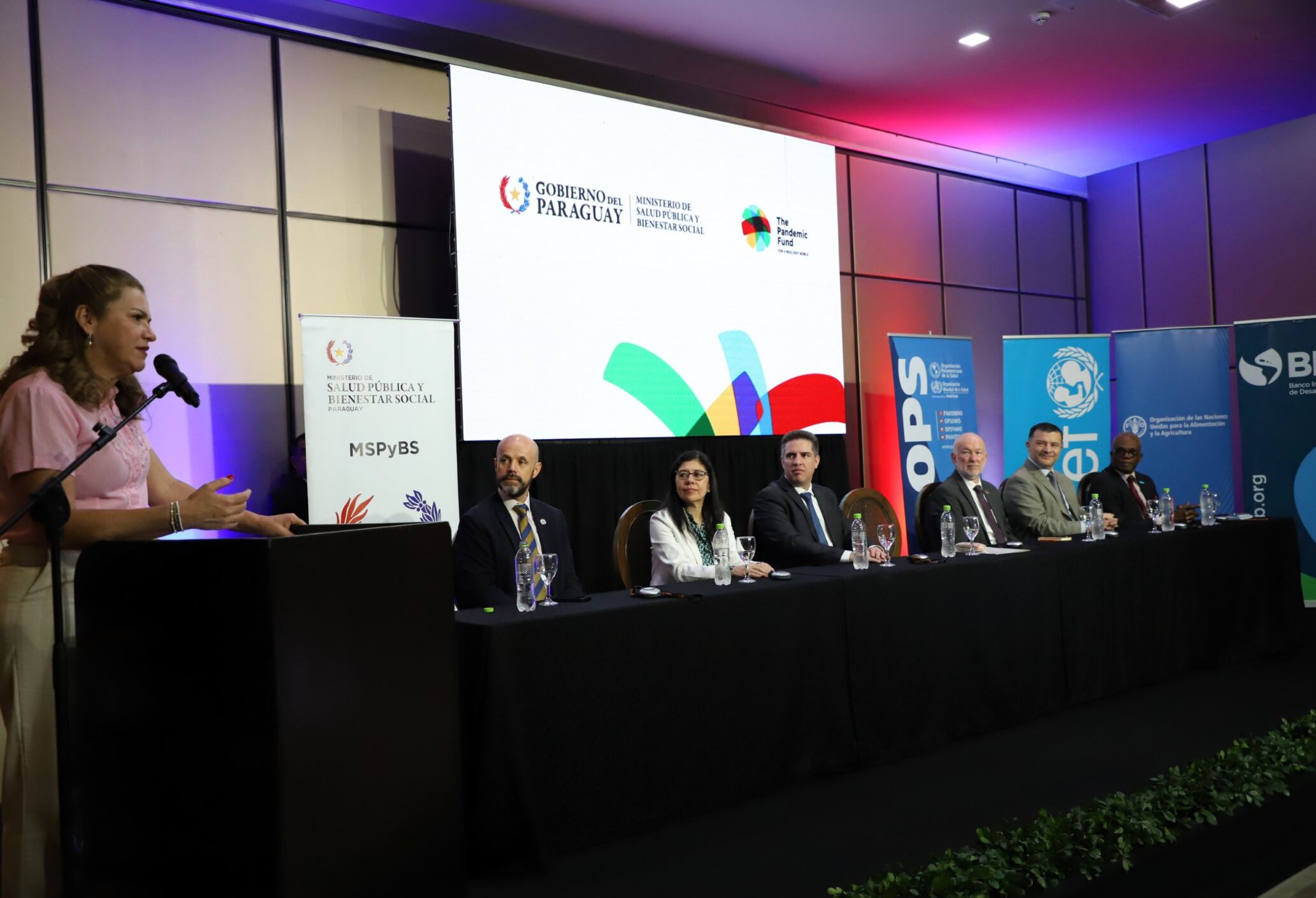
Highlights
Global fight against pandemics gains momentum as projects launch with FAO support
The first of Pandemic Fund projects launched at national level, including Ethiopia, Paraguay, Central Asia countries, and Yemen.
